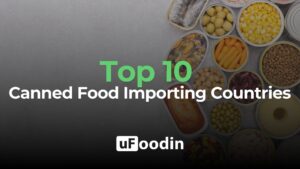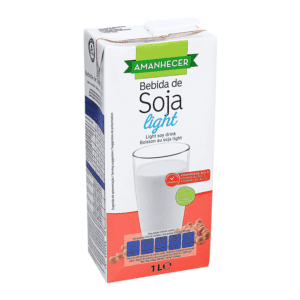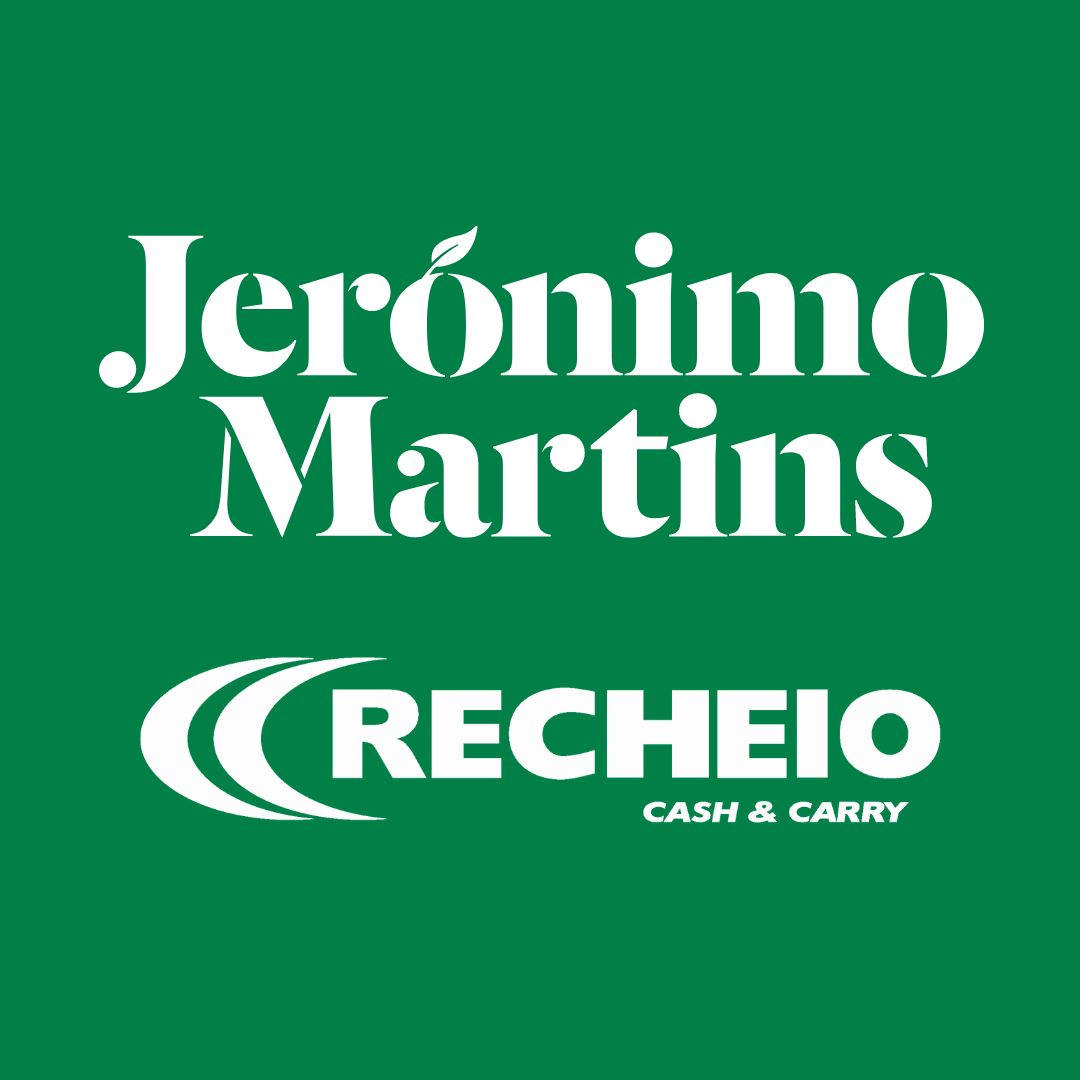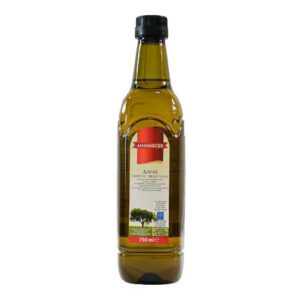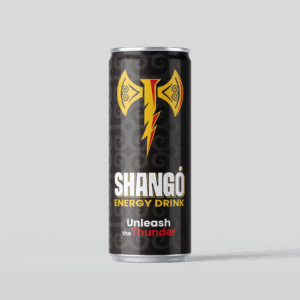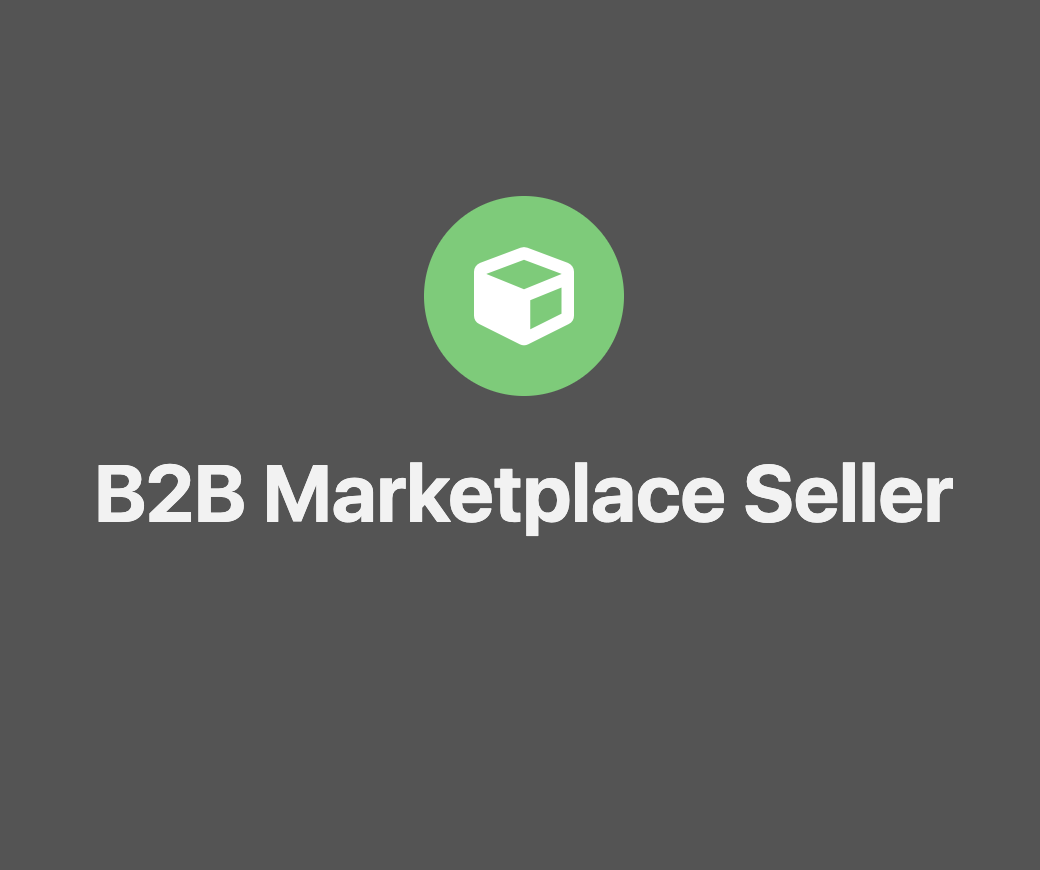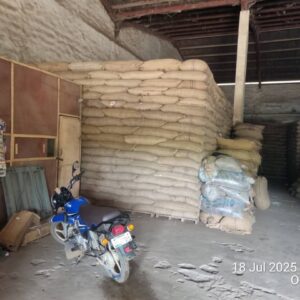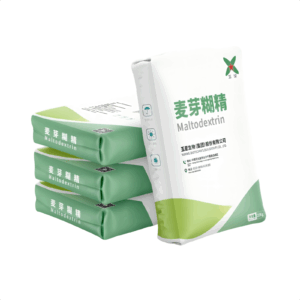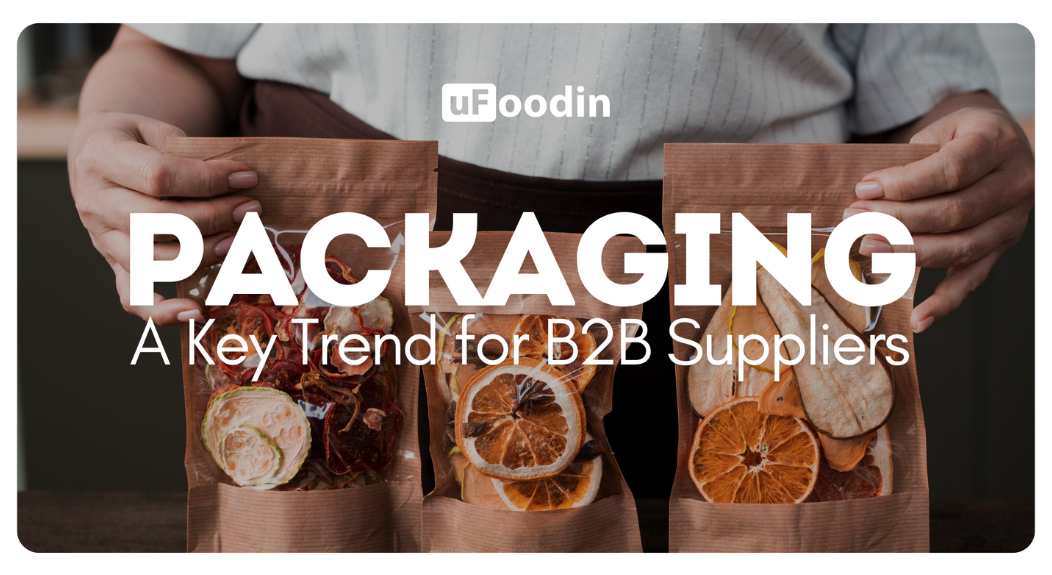
As the global food and beverage industry adapts to increasing environmental concerns, sustainable packaging is becoming one of the most critical trends for businesses, especially in B2B markets. With growing consumer demand for eco-friendly solutions and stricter government regulations across Asia and the Middle East, suppliers have a unique opportunity to meet this need by offering innovative packaging alternatives. For B2B suppliers, integrating sustainable packaging solutions into their offerings is not only an ethical imperative but a lucrative market opportunity.
Why Sustainable Packaging is Crucial ?
Sustainability has moved from a niche concern to a top priority in the food and beverage industry. According to GlobalData, 74% of global consumers are willing to pay more for sustainable packaging. This reflects an overall market shift towards eco-conscious consumption. In 2022, the global sustainable packaging market size was valued at $305.3 billion, and it is expected to grow to $469.49 billion by 2027, with a CAGR of 8.1%.
For B2B suppliers, offering sustainable packaging solutions is no longer optional but essential. Food service companies, retailers, and hospitality businesses are actively seeking ways to reduce their environmental footprint, and packaging is a key area where change can be made. In Asia, especially, demand for sustainable packaging is booming, with the Asia-Pacific market expected to grow at a faster rate compared to other regions, reaching an estimated $160 billion by 2027
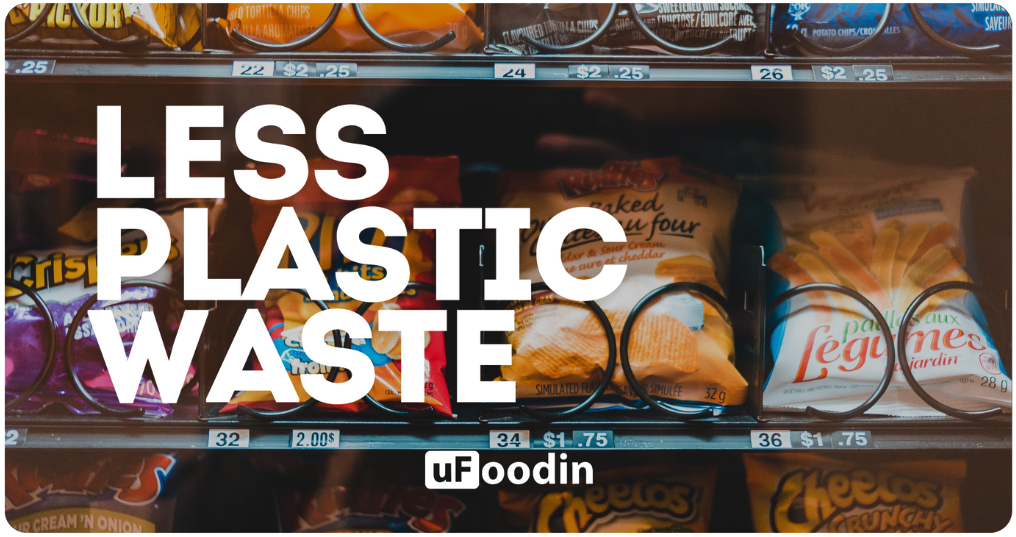
Key Markets: Asia and the Middle East
In Asia, concerns over plastic waste have led to strict regulations and bans in key markets. China, the world’s largest producer and consumer of plastic, has implemented bans on non-degradable plastic bags in major cities, while India has phased out single-use plastics.
In 2021, China’s plastic waste reached 60 million tons, prompting the need for more sustainable solutions across industries, particularly in packaging. This situation opens up vast opportunities for B2B suppliers offering biodegradable or compostable alternatives.
The Middle East is also embracing this shift. Countries like the UAE, which generated 1.6 million tons of plastic waste in 2019, have initiated national sustainability strategies to reduce plastic use. Euromonitor International reports that 80% of consumers in the UAE now believe that sustainability should be a top priority for businesses, and many local companies are looking for innovative packaging solutions that can meet these expectations.
Innovative Packaging Solutions for B2B Markets
B2B suppliers can capitalize on this trend by offering a variety of sustainable packaging options:
- Biodegradable Packaging: In 2020, the global biodegradable packaging market was valued at $84.6 billion, with projections to reach $126.5 billion by 2025. Materials like cornstarch, sugarcane fibers, and paper are becoming increasingly popular in the food industry for takeout services and other applications
- Compostable Packaging: Expected to grow at a CAGR of 17.4%, compostable packaging solutions offer a more sustainable way to handle food waste, particularly for restaurants and food delivery services. Products made from materials like plant-based PLA (polylactic acid) are gaining traction due to their lower environmental impact.
- Recyclable Packaging: The global market for recyclable packaging materials reached $142 billion in 2020 and is expected to see steady growth. Suppliers offering recycled paper, cardboard, and plastic packaging are well-positioned to serve markets aiming to close the loop on material waste

Why B2B Suppliers Must Adopt Sustainable Packaging ?
Sustainable packaging is not only good for the environment but also for business. According to Deloitte, companies that adopt sustainable practices, including packaging, report a 20% increase in customer retention due to enhanced brand perception. For B2B suppliers, offering sustainable packaging helps build strong partnerships with businesses that are under increasing pressure to demonstrate their environmental responsibility.
Moreover, sustainable packaging aligns with global initiatives like the UN’s Sustainable Development Goals (SDGs), specifically Goal 12, which promotes responsible consumption and production. With international focus on reducing waste, suppliers that provide eco-friendly solutions will be better positioned to win contracts in regions where sustainability is becoming a regulatory priority.
Leveraging Platforms like uFoodin
To take full advantage of this trend, B2B suppliers need digital tools to manage logistics, compliance, and partnerships effectively. Platforms like uFoodin allow global suppliers to connect with local distributors, food service providers, and retailers that are searching for sustainable packaging solutions. These platforms streamline transactions, offer compliance insights, and provide market intelligence to help suppliers tailor their offerings to meet the demand for eco-friendly packaging in Asia and the Middle East.
By using uFoodin’s digital platform, suppliers can efficiently manage cross-border trade, expand their market reach, and scale operations in regions where sustainable packaging is becoming a necessity.
Sustainable packaging is an essential area for growth in the food and beverage industry, particularly in the B2B sector. With rising demand and stricter regulations in Asia and the Middle East, suppliers offering eco-friendly packaging solutions are well-positioned to gain market share.
By leveraging platforms like uFoodin and forming strategic B2B partnerships, suppliers can meet the growing demand for sustainable packaging and drive growth in a sector poised for long-term success.
uFoodin Editorial Team
Sources:
- GlobalData: 74% of global consumers are willing to pay more for sustainable packaging.
- Mordor Intelligence: The sustainable packaging market is expected to grow from $305.3 billion in 2022 to $469.49 billion by 2027.
- Euromonitor International: 80% of consumers in the UAE prioritize sustainability in business operations.
- Deloitte: Sustainable practices lead to a 20% increase in customer retention.


